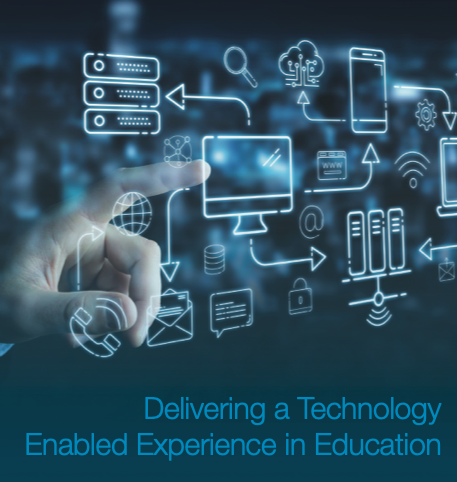Recently a number of education CIOs from universities, vocational training and K-12 gathered for a full-day roundtable in Melbourne, Australia. The backdrop for the discussion was an escalating Covid-19 outbreak with huge potential implications for education.
Educators were faced with a range of challenges from maintaining the health and safety of students and staff to mitigating the effects of a massive drop in international enrolments. In a crisis people respond and the education sector is a demonstration of what can be achieved with rapid action and innovation. As examples:
- Universities have transferred face to face delivery to online channels at scale,
- Student experience is being maintained through digital platforms like Involvio which has been used by the University of Western Australia to create forums for international students to exchange information and feel connected
- Teachers are being trained to use new digital technologies, including the Victorian Department of Education which has standardised access to Webex across all schools to enable virtual learning.
For education CIOs attending the roundtable there was unanimous agreement that the reliance on technology would move to a heighten state. This didn’t mean that the campus experience would be de-prioritised, or that face-to-face learning would disappear. Instead, in a `new normal’ world educators would not only have to provide physical and virtual channels but integrate them. Students that wanted to participate in a live class would need to be able to do so whether they are on campus or not, and the experience off campus should not be inferior with the right tools.
A number of other themes emerged during the discussion:
- How innovation is being used to respond to challenges. The importance of industry-university partnership was demonstrated at the Health Transformation Lab which is a collaboration between RMIT University and Cisco
- The importance of getting underlaying digital infrastructure right, including the network. This was focus of a presentation by Shai Sieberman from San Jose State University which produces more than a third of the engineers for Silicon Valley
- That investment in digital would take priority over investment in traditional bricks and mortar. This was already starting to happen in the higher education sector earlier this year with reports of building projects being delayed to free up capital for technology-enabled services
The education sector will need to draw on its incredible resilience in coming months to ensure that students’ learning is not compromised even as the world is forced to make drastic changes in the way it operates.
You can find more insights in the report from the education round table
